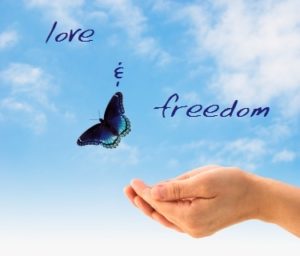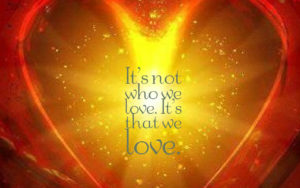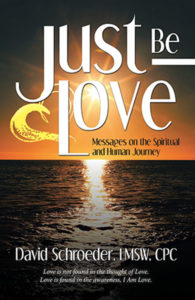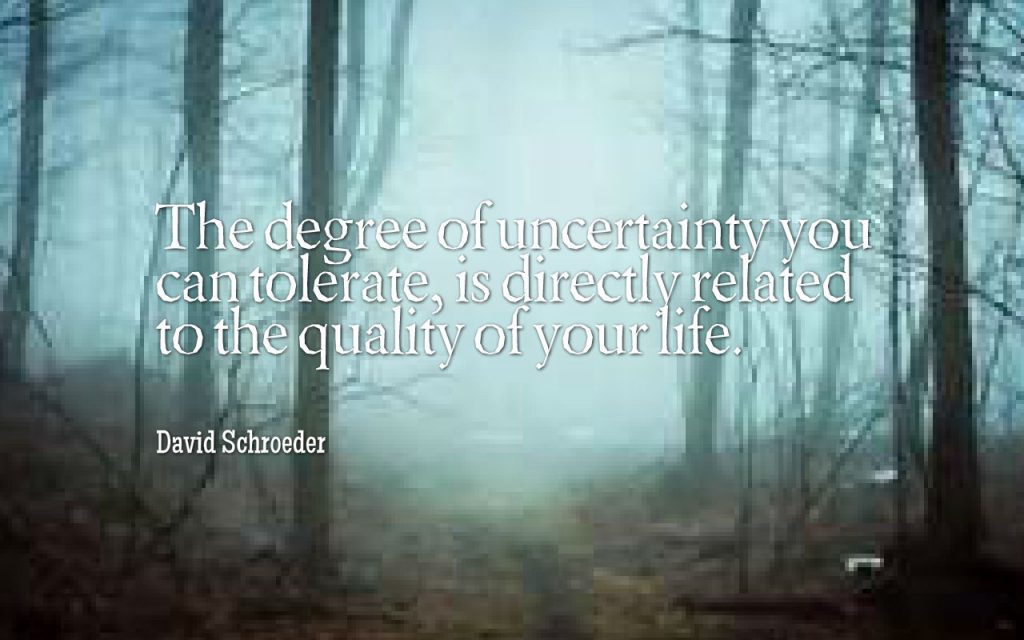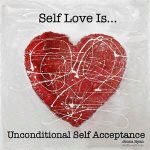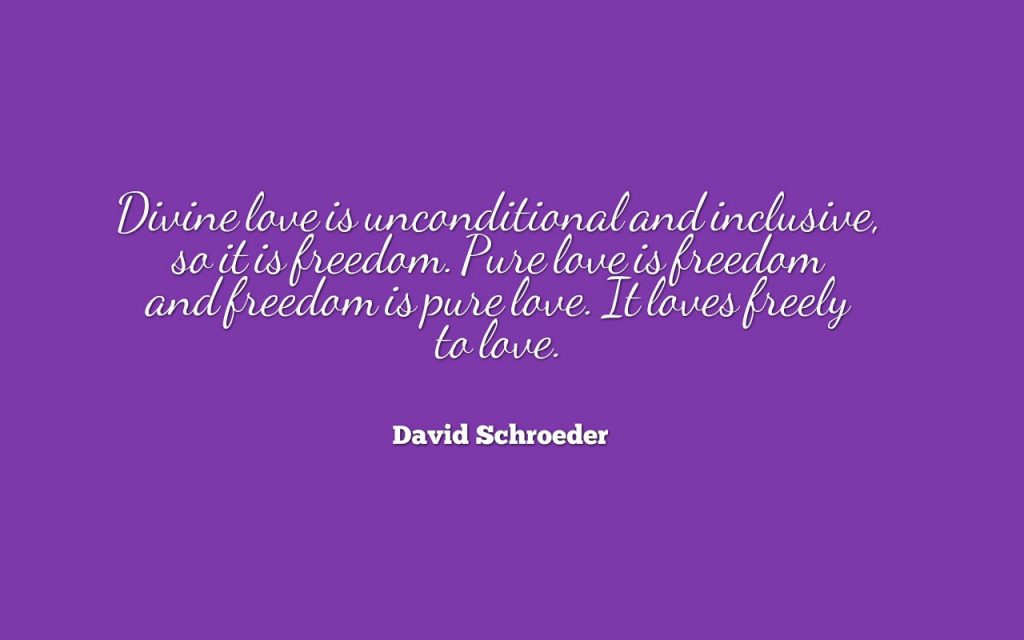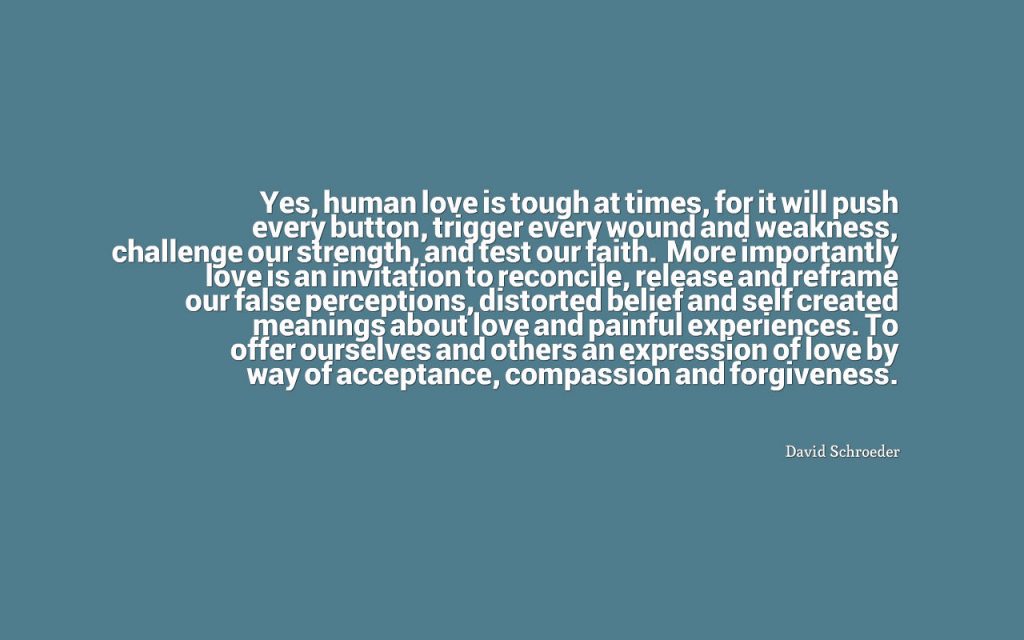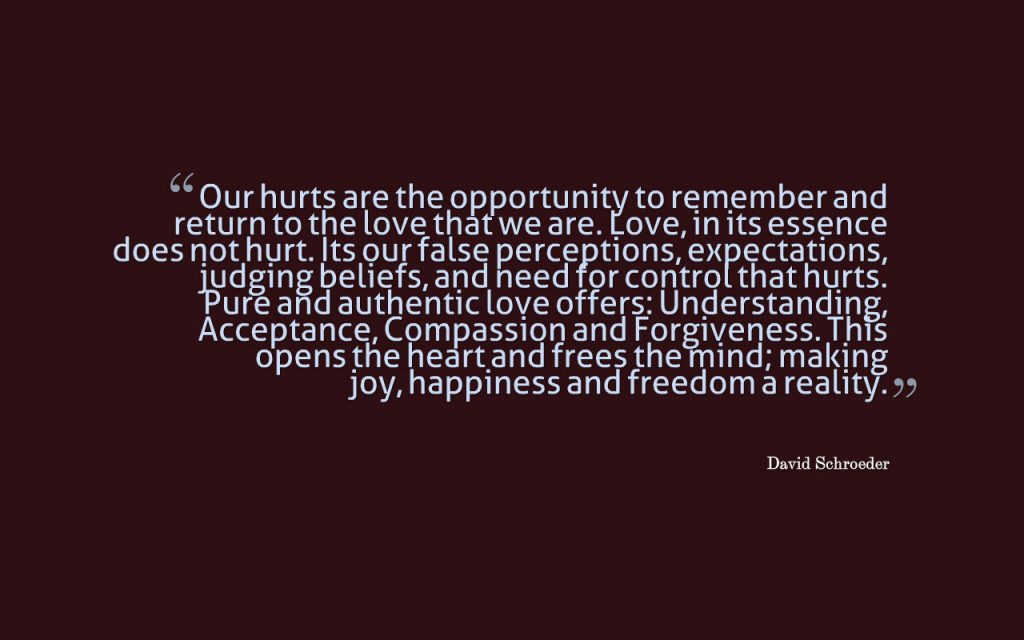There are several gender differences between men and women. However, there is one gender difference that is often neglected and misunderstood. Which if not understood and addressed; will create misunderstanding and conflict between the couple.
In this blog, I offer you the gender difference and dynamic of love and freedom. In order to have a healthy and thriving relationship, this common dynamic, is critical to understand and work through with your partner.
A Gender Difference Often Overlooked and Misunderstood
Typically, the women desires connection and love in the relationship. And generally, the man is seeking freedom, i.e. to be free of restraints and obligations of the relationship.
Generally, women thrive on a sense of connection with a partner, their children, friends and family. Who they are with is important and valued. The female is the nurturer and takes on a sense of responsibility and accountability to the relationship.
Is it true ladies, that in an intimate relationship, your desire is for deep and trusting love? You want to be able to relax with your partner in giving love and being loved. You want to feel valued and know you are special in his eyes and heart.
With men, they typically relate more to status, especially in their work. Us men, we assume our partner relationship is working, just by the fact that we are in it. However, many men feel overwhelmed and flooded by the obligations and responsibilities that they perceive as demands of relationship, and needing to please his partner. In this, men will desire and need the feeling of space and freedom.
Fair to say men, we struggle with deep and intimate love, it’s confusing, overwhelming and darn right scary?
Generally, its often the man who perceives, thus fears relationship commitment, because he may view it as a loss of his freedom. Men tend to avoid love and true connection in relationship, by way of having a “man cave” being overly involved with work, their toys, sports, or hanging out with the guys.
The need for freedom and space is often a way for him to process his feelings and frustrations of relationship, and his way of trying to figure the relationship out.
The freedom that many men seek, however, is really the fear of love and intimacy, disguised as freedom.
She Comes More from the Emotional and Heart-Centered Side
Women want their thoughts respected, but more importantly, she wants to be listened too, and also have her feelings acknowledged and respected. This is a way she feels loved, supported and connected.
Men Mainly Need Their Thoughts Respected
Typically, men are not that connected with feelings. Many men look at life and relationships more from the logic side, he wants “to fix” things when you are hurting. Most men, take things literally. That’s why ladies, men often can’t read what you are thinking or feeling, because they are more literal in thinking. So when you say to your man, didn’t you realize what I needed? The answer most often will be “no.”
Out of fear and need for control, many men have learned to close off their heart. They have a difficult time connecting with their partner on emotional and intimate levels. Boys to men learn growing up: “boys don’t cry”, “suck it up”, “be a man.” We are programmed to wall off our feelings; so we lose touch with them and healthy ways to express them. Feelings become something more to fear and avoid than express. Or the expression is more destructive than healthy.
Boys to men, learn through competitive sports, their occupation and perhaps going to war, that there’s no strength in feelings, this will not give you the competitive edge and being too emotional will get you killed on the battle field.
So they learn to fear their feelings, to deny and bury them. They become more safe and free in their logic and thinking mind, not so much their intuitive and heart-centered state. This becomes a sense of freedom to them, yet it’s really a tragic society programming, in which the boy to man loses touch with the deeper self. Which in turn impedes on the ability and willingness to connect more deeply with the female.
So ladies, if you don’t tell him in a basic and literal way what you need or don’t need, they most likely won’t intuitively know what you are thinking or feeling.
Don’t assume your man knows what you are thinking/feeling, for he doesn’t or he doesn’t trust or believe in what his intuition might be telling him. He goes more by the logical and survival thinking parts of his brain.
The Dynamic of Love and Freedom
If the dynamic and dance of the female desire for love and males desire for freedom is not acknowledged, understood and addressed in the relationship, this dynamic often becomes a major cause of relationship problems and conflict. When the man is driven more toward space and freedom and the women is driven toward connection and love, neither has their needs met.
So confusion, misunderstanding, and perhaps resentment will likely surface between you. He is threatened by the intensity of her desire for love and her willingness to offer love. She is threatened by his lack of attention to her and his emotional disconnect with her.
Love and freedom are connected parts of a whole, each requires the other. A lack of love harms freedom; a lack of freedom harms love.
Realize in the desire for love or freedom, neither is right or wrong. Some of it is biological and much of this is learned behaviors, due to society and family programming.
The Key
 The key is for men to accept their emotional disconnect, while learning to become comfortable with their own feelings again, and the healthy expression of them. To understand and learn to appreciate the women’s desire for connection and love. To practice, connecting and loving her unconditionally and without fear.
The key is for men to accept their emotional disconnect, while learning to become comfortable with their own feelings again, and the healthy expression of them. To understand and learn to appreciate the women’s desire for connection and love. To practice, connecting and loving her unconditionally and without fear.
If you spend too much time and energy in the man cave, at the office, or with the guys, she will be unhappy, angry and feel disconnected and unloved. You will in time lose her.
Ladies, the more you hound him, the more confused, scared, angry and avoiding he will become. He will go deeper into his cave to protect himself. So just wait at the door and encourage him to connect with you.
Men, your role is to come out of the cave, sooner rather than later. The longer you avoid her and preoccupy yourself, the more she perceives this as: you don’t love or care about her. This will cause her to likely nag you even more. She does this because she cares about you and the relationship.
Men, You Should Worry More When She Doesn’t Nag You
Men, when she stops nagging you or testing you for your love and connection, this may be a sign she’s moving away emotionally and physically from the relationship. Meaning, she’s likely having an affair and/or has decided to end your relationship.
Love Making
The experience of love making, is a classic example of the women’s desire for connection and love. And the man’s desire for freedom which comes through sexual release i.e. release of anxiety through sexual release (ejaculation) equals freedom from life’s anxiety/pressure.
For most women, love making is more about the foreplay, kissing and cuddling before and after intercourse. This is how they get aroused, create connection and experience the giving and receiving of love.
For most men, however, we desire to get right to the act of intercourse, with little time needed for the foreplay. We just want the freedom that comes from the release. After the release we often go fast asleep, leaving her physically and emotionally disconnected, perhaps even feeling used.
In Closing
Seek to explore and understand this relationship dynamic and interplay of love and freedom. Its a natural dynamic, even gay and lesbian couples will have this interplay of love and freedom. As one partner will likely desire more freedom, while the other desires connection and love.
 The more you understand and accept this love or freedom need and dynamic, the more likely you will be open and willing to balance these needs between the two of you.
The more you understand and accept this love or freedom need and dynamic, the more likely you will be open and willing to balance these needs between the two of you.
Ladies as nurtures, its important to love and care for yourself as much as you may love and care for others. The greater your self-love, the less dependent you will be for others to love you. As the women is more loving and secure within herself. This offers the man a degree of freedom to be himself, have his need for space.
The man, for his part should recognize the importance and desire for his partner to feel his sense of connection and love to and for her. As the man learns to be comfortable with deeper connection and love, he will begin to feel more comfortable with loving her more openly and freely.
Remember guys, she desires you to apprecaite her and hold her in your thoughts and heart. This will help her feel relaxed and free in loving herself and loving her man.
For love is freedom and freedom is love.
Your comments are welcomed, and sign up to receive future blogs below.
Would you like to improve your relationship dynamic and interactions? I’m just a phone call or email away. David Schroeder, LMSW, CPC from Grand Rapids, MI., is a licensed clinical and spiritual social worker, certified life transition coach, and author of Just Be Love: Messages on the Spiritual and Human Journey. His practice, Transition Pathways helps people find healthy pathways to love, greater awareness and higher potential. Visit David’s website: transitionpathways.com David’s book, Just Be Love is available for purchase through the publisher: Global Summit House email: infoglobalsummithouse.com and Amazon.com. If you would like an autograph copy of his book, contact David by email: [email protected]


